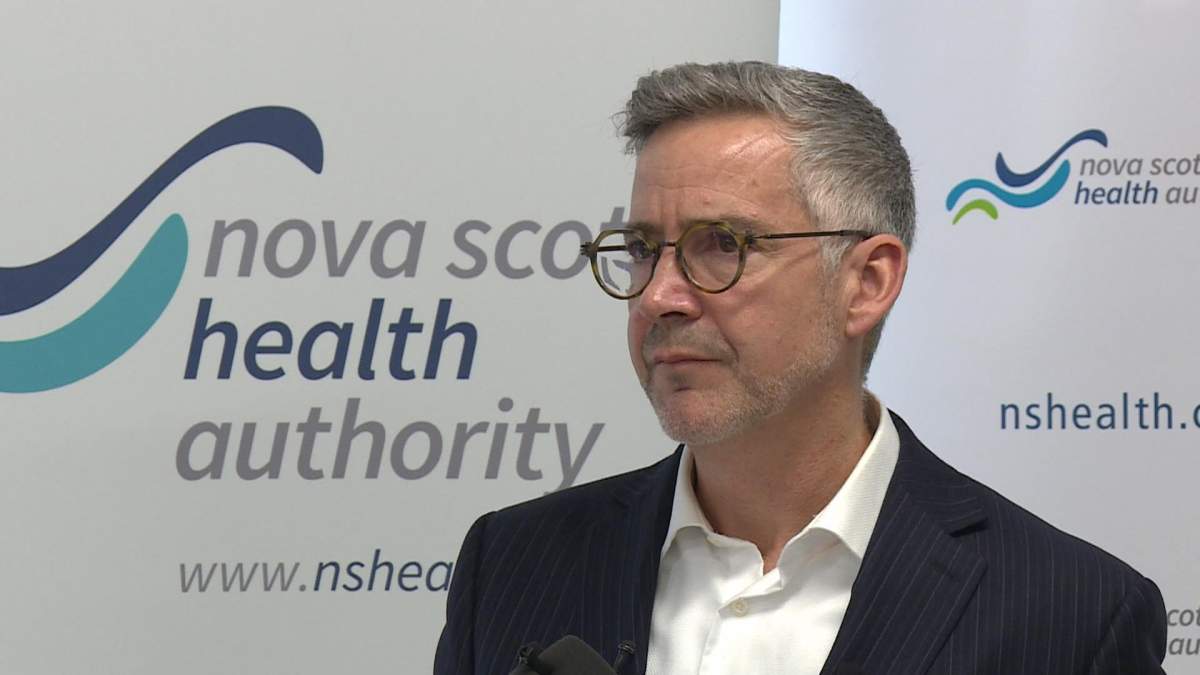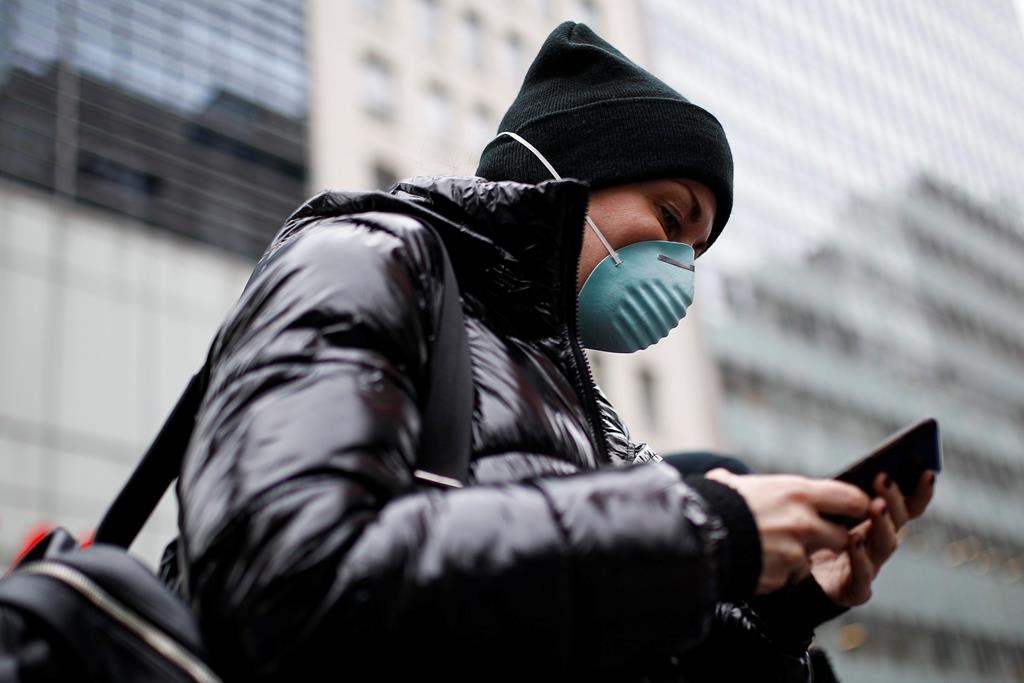The Nova Scotia Health Authority has issued a new plea to its staff members: stop taking masks and other personal protective gear from its facilities.

As the province grapples with its first presumptive cases of COVID-19, the NSHA has confirmed critical supplies have gone missing from its stock and it wants them returned immediately.
“The reality is, we don’t want to get to a point where we don’t have the resources to protect people two and three weeks down the road,” said NSHA president and CEO Brendan Carr in a video released late last week.
“…I’m asking that people bring this equipment back because we are going to need it and this is potentially going to have an impact on one of your fellow staff members and their ability to look after a sick patient a few weeks from now.”
READ MORE: Three presumptive cases of coronavirus identified in Nova Scotia

Get weekly health news
On Sunday, the provincial government confirmed there are now three presumptive cases of the novel coronavirus in Nova Scotia, meaning all 10 provinces have been touched by the infection.
In his update on the NSHA’s pandemic planning efforts, Carr said people may have been taking protective gear out of concern for themselves and others, believing they may be better used elsewhere, but that’s simply not the case.
According to experts, “there’s no reason why the average staff member needs to be using an N95 mask other than aerosolized procedures,” he explained. “All those equipments need to be here and accounted for because they will be needed a couple weeks from now.
“There will be zero tolerance for anybody taking this equipment out of our facilities.”
Global News has reached out to the NSHA to find out how many face masks have gone missing and from where, but did not receive an immediate response.

READ MORE: Canadians abroad urged to return home while ‘commercial options still available’
While the province is updating the media and public on new procedural cautions regularly, as of Sunday evening, it urges anyone who travelled outside of Canada to self-isolate, even if symptom-free.
To help safeguard against COVID-19, organizations and businesses must also practice social distancing of two metres or six feet and keep gatherings below 150 or much smaller if possible. This applies to restaurants, bars, movie theatres and other gathering spots.
Symptoms of COVID-19 include cough, fever and shortness of breath.










Comments
Want to discuss? Please read our Commenting Policy first.